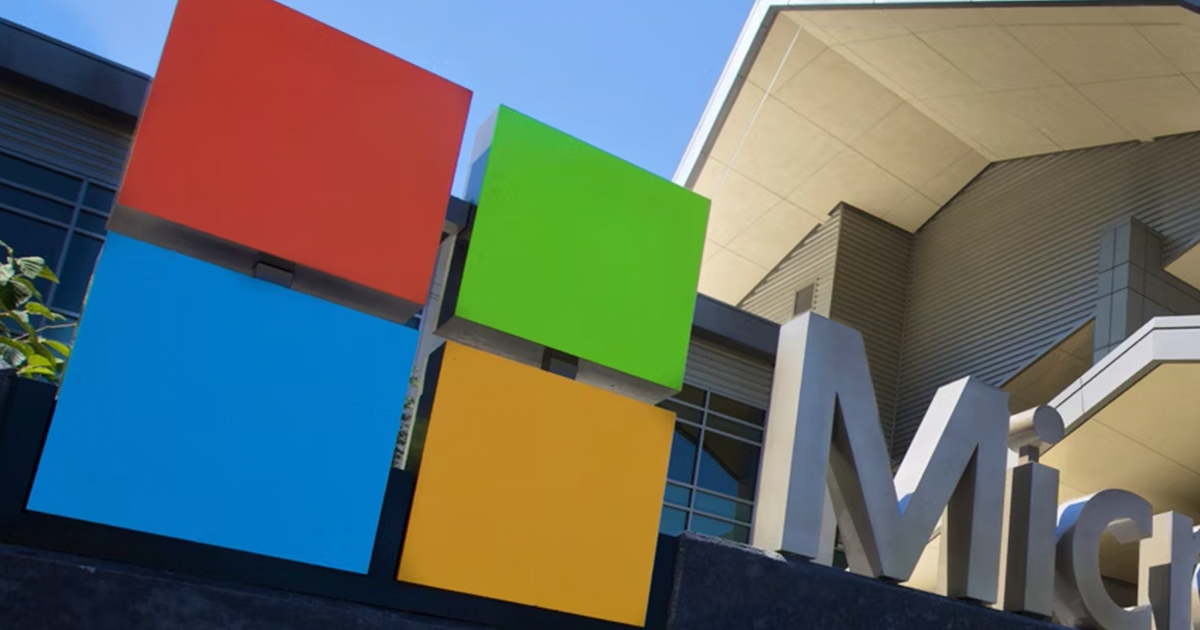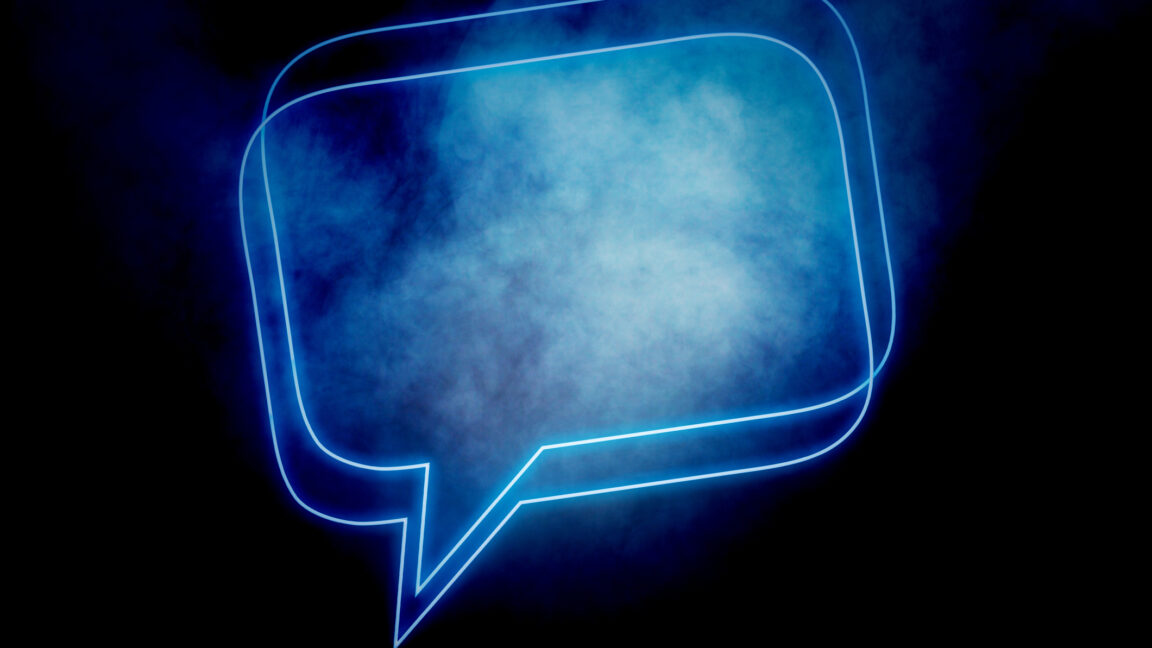FTC Concedes Defeat in Microsoft’s $69 Billion Acquisition of Activision Blizzard

The Federal Trade Commission (FTC) has officially decided to cease its efforts to block Microsoft's ambitious $69 billion merger with Activision Blizzard, the renowned maker of the blockbuster franchise Call of Duty. This development signifies the conclusion of a lengthy regulatory battle that has been a focal point in the tech and gaming industries.
Since Microsoft announced its intentions to acquire Activision Blizzard in early 2022, the FTC has been actively working to thwart the deal, fearing that it would grant Microsoft an unfair advantage over its competitors. The commission contended that the merger could enable Microsoft to turn popular franchises like Call of Duty into exclusive offerings for its platforms, thereby undermining rival gaming consoles such as Sony's PlayStation and Nintendo's Switch.
The climax of this high-profile dispute occurred when the FTC sought a preliminary injunction from a lower court to block the merger. However, the court did not grant the request, and the FTC's subsequent appeal was also rejected earlier this month. In a recent court filing, Microsoft’s president, Brad Smith, shared the FTC's decision on social media platform X, indicating that the commission has now opted to withdraw its administrative litigation regarding the merger.
The FTC's official statement reads, "The Commission has determined that the public interest is best served by dismissing the administrative litigation in this case. Accordingly, it is hereby ordered that the Complaint in this matter be, and it hereby is dismissed." This statement signals a significant shift in the regulator's stance, and Microsoft has celebrated this decision as a major victory for gamers across the nation.
Despite the merger being completed in 2023, the FTC's attempts to appeal the decision highlight the contentious nature of this regulatory process. Microsoft consistently overcame the obstacles posed by the FTC, ultimately achieving its goal of acquiring the gaming giant.
To quell concerns from regulators and competitors alike, Microsoft proactively entered into multiple agreements ensuring that the Call of Duty franchise would remain available on rival platforms, including PlayStation, for at least a decade following the merger. This move was crucial in assuaging fears about potential exclusivity that could isolate players on competing systems.
In addition to Call of Duty, Microsoft has broadened its portfolio by making other major titles accessible on PlayStation, such as the highly anticipated Indiana Jones and the Great Circle, along with established franchises like Forza Horizon 5, Gears of War: Reloaded, and the upcoming Senua's Saga: Hellblade II. These decisions reflect Microsoft's commitment to maintaining a level playing field within the gaming ecosystem.
However, the acquisition was not without its challenges for Microsoft. Since merging with Activision Blizzard, the company has faced significant operational restructurings, including laying off thousands of employees. In January 2024, shortly after finalizing the merger, Microsoft cut approximately 1,900 jobs, followed by an additional 650 layoffs later that year. These workforce reductions underscore the complexities and financial pressures that often accompany such large-scale mergers in the tech industry.
In summary, the FTC's withdrawal from its legal battle against Microsoft's acquisition of Activision Blizzard marks a pivotal moment not only for the companies involved but also for the broader gaming landscape. As Microsoft moves forward, it aims to foster innovation while ensuring that players from various platforms can enjoy a diverse selection of games.


























